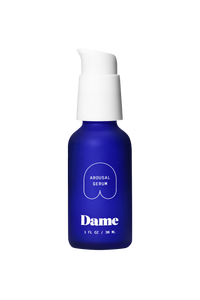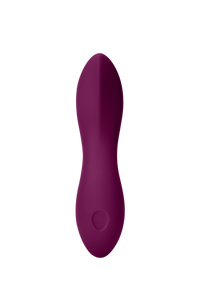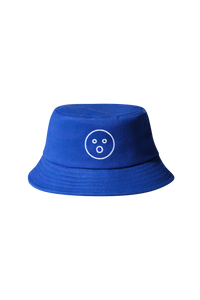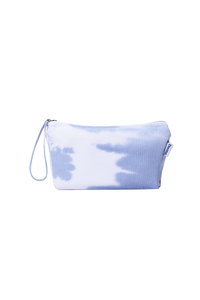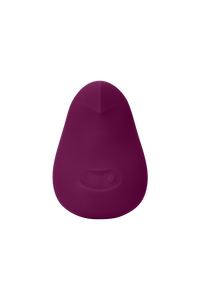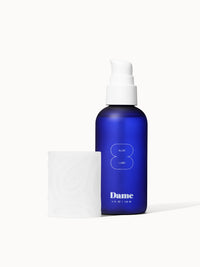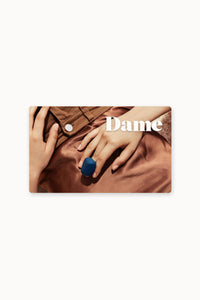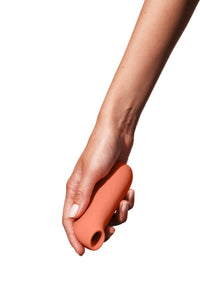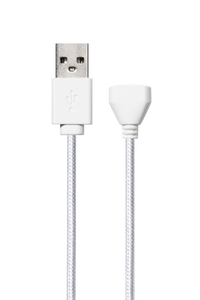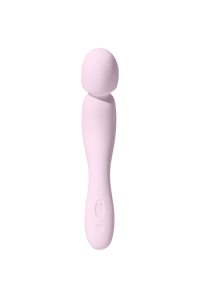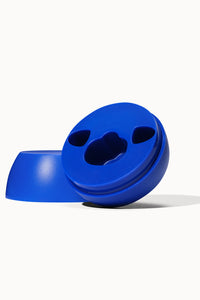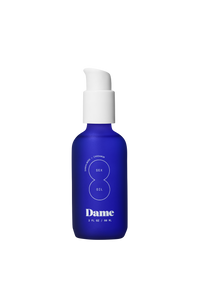The Good
Perhaps the best thing about dating apps is that they expand people’s potential pool of partners. On Tinder alone, there are 7.86 million users in the United States. Especially when you live in a small town, you can feel like you run out of options for people to date quickly. When you use a dating app, you’re meeting new people who you may never have met through other ways. And even when you live in a bigger city, your list of potential suitors may increase, but that doesn’t mean that you’re finding any perfect matches. Dating apps help you to match with people not just based on immediate physical attraction but also on emotional and mental characteristics. When you meet someone out at the bar, you’re not likely to have answers to specific questions that get answered in profiles on dating apps. Essentially, dating apps can expedite the “getting to know you” phase. That way, by the time you’re ready to go out on a first date, you’ll already have a good idea of whether or not this person could be a good match.More and more couples today are willing to embrace the fact that they met online.Although people would once frequently make up more impressive stories about how they met their significant other, more and more couples today are willing to embrace the fact that they met online. Perhaps that’s because meeting on dating sites and apps is now the most common way couples meet. Up until around 2013, meeting through friends and family was how most heterosexual couples met. But that form of introduction had been on the decline since 1995, when online dating started to rise. However, meeting online has been the most common form of introduction for same-sex couples since 2000. Same-sex couples were early adopters of online dating and dating apps because it offers a direct way to know if you’re meeting someone with a sexuality that aligns with you. Thanks to apps that have the option of filtering by gender and disclosing your sexuality, those who identify as part of the LGBTQ community can find people in their community more quickly. If dating in a small town is hard, dating while gay in a small town is significantly more so, but dating apps offer a way to make real connections that are otherwise very difficult to find.
The Bad
There have long been debates about just how much using dating apps affects your mental health. One 2020 study found that people who use dating apps are more likely to experience anxiety and depression. However, it remains unknown if people who are more prone to those conditions are more likely to use dating apps or if dating apps cause anxiety and depression. That said, those who used dating apps daily or for more than a year were found to be significantly more likely to be depressed. Studies also suggest that dating apps can mess with the way we view our bodies. A 2016 study found that Tinder users are more likely to have a worse perception of their body image than non-users. Active use of Tinder was closely linked to body dissatisfaction, body shame, and an internalization of societal beauty standards.The Ugly
Your depression worsening or you falling victim to a scam on a dating app is not the worst thing that can happen, unfortunately. In a survey of 1,200 women who used dating apps in the past 15 years, more than a third said that they were sexually assaulted by someone they met through a dating app. Of that group, more than half said that they were raped. When you are sexually assaulted and attempt to go to a dating app for support and action, you’re most likely talking to the same person who fields questions about payment issues. Dating apps do not have teams that specifically deal with sexual assault accusations, and those who are answering you online have never been specially trained to handle those kinds of serious incidents.Try to choose reputable dating apps and even research sex-positive dating apps to explore.But the problem with sexual assault and dating apps goes even deeper than a lack of a proper protocol for reporting what happened to the app. ProPublica reported that although dating app conglomerate Match Group checks its paid subscribers on Match with state sexual offender registries, it doesn’t do this for Tinder, OkCupid, PlentyofFish, or any other free platforms. A Match Group spokesperson claimed that the company could not institute a uniform screening procedure because it doesn’t collect enough information on free users or even some users who pay for premium features. Because of this, the spokesperson went as far as to say, “There are definitely sex offenders on our free products.” One questionnaire created by Criminal Justice Institute and ProPublica found that, of 224 respondents, 188 of them said that they experienced sexual assault or harassment on the app or matched with a sex offender. Seventy-one noted that they reported what happened to the app in question. Thirty-four said that they never heard back from the app. Because there isn’t a set screening process, sex offenders are lurking on dating apps. And because there’s no set, thorough method for reporting sexual assault, they’re allowed to stay on the apps, even after they’re further accused of sexual assault by someone using the app. When you decide to use a dating app, you’re opening yourself up to a whole new world of potential suitors. There are connections to be made with people you may never have met otherwise. However, you’re also opening yourself up to scammers and even people with a record of sexual assault. You also may be messing with your mental health and perception of your body. It’s up to you to determine if dating apps are worth the risk, but if you do decide to use them, tread carefully. Try to choose reputable dating apps and even research sex-positive dating apps to explore.

